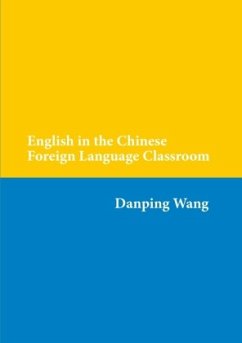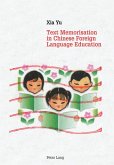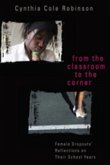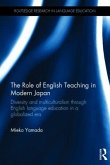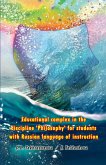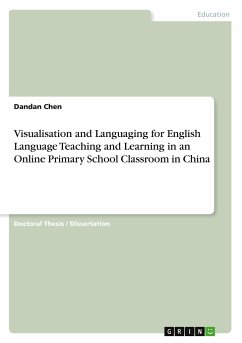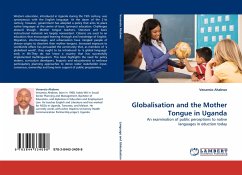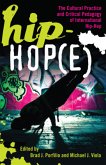Chinese is an ancient language, but the present scope of its global study is unprecedented. Comprehending the impacts of worldwide linguistic realities on 'Chinese as a Foreign Language' (CFL) teachers and students will be critical to its long-term success. The most important phenomenon has been the establishment of English as a lingua franca, especially in the expanding marketplaces of Asia. This book examines the role of English as a medium of instruction in CFL classrooms. It begins by integrating existing studies on the global spread of English with research on English as a medium of second language acquisition. Several valuable empirical analyses from actual CFL classrooms serve both to validate the use of English as a lingua franca and expose that much more work needs to be done to ground this practice in deep sociocultural and ecological settings. The author advocates the development of a new pedagogy that emphasizes taking account of specific cultural, social, and political contexts in order to reach an ever-more diverse body of students. The book concludes with a discussion of the role of English in China's national education system and social development, as well as predictions about the future relationship between Chinese and English.
Bitte wählen Sie Ihr Anliegen aus.
Rechnungen
Retourenschein anfordern
Bestellstatus
Storno

